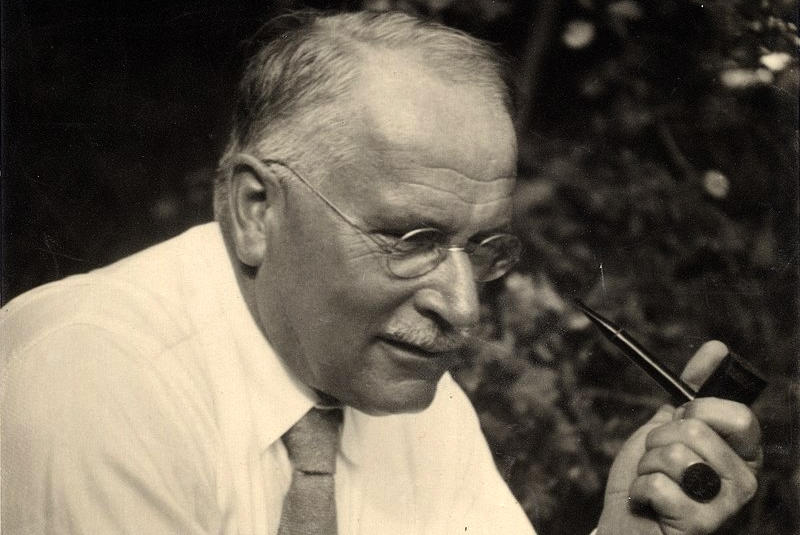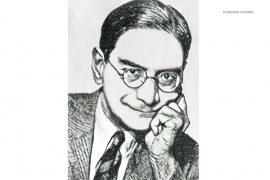We must always bear in mind that despite the most beautiful agreement between the facts and our ideas, explanatory principles are only points of view, that is, manifestations of the psychological attitude and of the a priori conditions under which all thinking takes place. —Carl Gustav Jung, On Psychic Energy (1948)
When Carl Gustav Jung published his seminal work, Analytical Psychology, an excellent introduction to his principles and essential reading for every student of the subject, over a hundred years ago, he was yet to establish himself as a seer and/or visionary nonpareil. All the same, the work reflected Jung’s growing stature—a thinker far ahead of his time. More importantly, it elevated his erudition—a manifestation he did not repress, or overlook, to foster and expand his reach, for the higher purposes of his own and others’ existence.
It also explains why Jung—a protégé of Sigmund Freud—broke away from his ‘mentor,’ and explored his own destiny: the world of dreams, psychic wholeness, the nature of god, oriental philosophy, alchemy, astrology etc., This is not all. With his great postulate of synchronicity, Jung also emerges as the philosopher-favourite in our age of spiritual ‘renascence.’
To understand Jung, the plumber of the mind, is to comprehend the great unconscious, or his native Switzerland—a social perplexity that matches the opprobrious complexity of his own theories. For a man whose adolescence was troubled, Jung inquisitively did not view people kindly. Reason: neurosis ran, sort of, in his family; his mother being the most affected by it. Strangely, it also brought in him a sense of alienation, but without infringement on his colossal intuitive chemistry.
-30-
Copyright©Madras Courier, All Rights Reserved. You may share using our article tools. Please don't cut articles from madrascourier.com and redistribute by email, post to the web, mobile phone or social media.Please send in your feed back and comments to [email protected]











